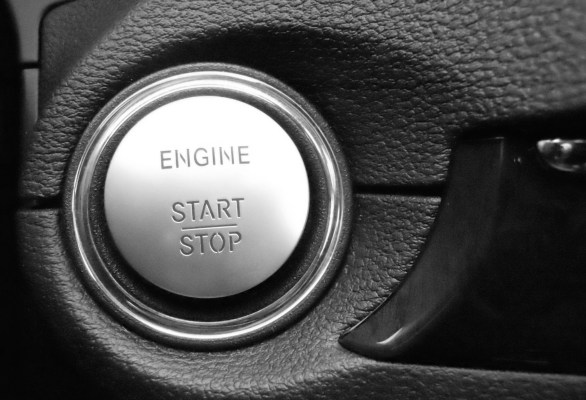TU-Automotive, which analyzes the future of the connected, autonomous car, recently hosted a webinar focused on the relationship between automotive manufacturers and startups. SK Kim, venture capitalist and manager at Hyundai Ventures, and Liz Kerton, executive director of the Autotech Council, laid out the challenges of mashing together a century-old industry with nimble new companies.
As Kim said, “We have a hundred-year-old business model, and we sell one thing: vehicles.” Startups are using business models that evolve on the fly to respond to the market and their internal needs, and the number of things they could sell are limited only by their imaginations and missions.
Therein lies the first challenge: the nimbleness that allows startups to function in the fast-paced twenty-first century is seen as instability by the automotive behemoths. “[Automotive manufacturers] need to find companies stable enough and with enough investment to make it through the product development cycle with a car company, which everybody knows is not short,” Kerton said.
Having just a year or two’s worth of funding isn’t enough, she added, since it takes longer than that just to get a car from drawing board to showroom. Kim noted that it can take five to seven years to develop a car, where it only takes a year to develop a phone and a few weeks or months to develop an app. Then there’s the fact that once those cars roll out of the showroom, they might be on the road for twenty years. “You don’t want your technology partner to drop off,” Kerton said.
Kim acknowledged that startups expect fast decisions on equity investment and contracts for early revenue. “That’s the only way for them to survive,” he said. But the challenge of connecting the cautious, slow pace of automotive investing and developing with the timeline startups expect is “frustrating in both directions,” Kim said.
So why on earth would an old-school automotive company want to work with an upstart, er, startup? Kim had three good reasons: car companies need technology partners to innovate, business partners that can instill some flexibility, and partners that are unafraid to explore the uncertain and unpredictable future of transportation. Making bold moves is not exactly the forte of major automotive manufacturers.
“Automaking is a highly regulated business with a highly regulated product,” Kim said. For this reason, it’s risky for a startup to focus only on the auto industry as a market or potential partner for its products. Kim suggested that it would be better for a startup to develop something for another space and then expand into the automotive space. That strategy makes a partnership, when it does happen, less risky for both companies.
